
The permanent Congressional Advisory Committee for Medical Crises met in an anonymous and
unpretentious office building. There were good reasons for this. First, there were so many Congressional
Advisory Committees in these days of perpetual crisis that the government buildings were always full of
anxious huddles of legislators, scientists, lobbyists, military officers, bureaucrats, toxicologists, industrialists,
educators, doctors, economists, and activists. But an anonymous office building was also less likely to be
watched by the press, whose involvement would be premature at this point. Everybody thought so, except
me. I thought the press was long overdue.
Still, I could see the other committee members' point: much of the press still dealt in inflammation and
hysteria, especially about the aftermath of the Tipping Point. They had a lot to answer for, although they
probably never will. But the main reason for the anonymous office building was the secret tunnel system
from the anonymous parking garage two blocks away.
They built for secrecy a decade ago, when they could afford to build at all. Well, they had to. It was
right in the middle of the Tipping Point, when the looming financial crisis of the US government wasn't
merely looming any more, and the slow worldwide decline in viable sperm suddenly wasn't slow anymore,
and the backlash against genetic engineering weren't just theoretical anymore, and the coming bankruptcy
of elderly entitlements wasn't just coming anymore: it was all here. Along with the riots and the tax
rebellions and the genetic laws and the entire destructive chaos of the Tipping Point, those two painful years
before the president used martial law to restore order. A lot of otherwise unreticent people don't say what
they did during those two years. In Washington, some of them used secret tunnels to do it.
A few blocks before the parking garage, I saw the child. This wasn't a good part of Washington, which
had so few good parts left. Litter blew between the buildings, some of which had burned down, more of
which were boarded up. The May night had been mild, and old people slept on sidewalks and fire escapes
and in doorways, wrapped in coats and blankets. It was a city of the elderly—like practically every other
city.
One in four Americans was over seventy. There were only 1.4 taxpaying workers to support each
"retiree," even with the wretched non-living-level subsidies most elderly received. The number of "very
senior citizens," those over eighty-five, had quadrupled in the last fifty years. The global birthrate was less
than twenty percent of what it had been a century ago. In some countries it had dropped to five percent. In
the relative absence of children, the world had grown old.
We drove past the huddled sleeping forms. Past the holosigns, the most visible aspect of Project Patriot,
bright cavorting shadows whose captions urged SHARED RESPONSIBILITY and THE SOCIAL
CONTRACT = YOUR GUARANTEE OF A GOOD FUTURE! Past the broken bottles and drug
discards and human shit—the usual. Plus, of course, the rats, bolder and more aggressive than rats had ever
been in the entire history of man. I knew why, but the committee wouldn't let me tell them.
And in the middle of the early-morning street, dressed only in a pink tunic, a brown-skinned toddler with
huge dark eyes and long black hair topped with a crisp pink ribbon.
"Stop the car," I said to the driver, who was already screeching to a halt, as startled as I was. This did
not happen. Washington was at the bottom of America's regional variation curves in sperm count—the
bottom for motility and normalcy and volume—and thus for birth rate. Artificial conception, in all its
varieties, was still too expensive for most couples, now that the health insurance industry had crashed. And
cloning, which had once seemed the hope of the world, had turned into a bitter joke.
You could clone worms, frogs, sheep, elephants. But not humans. A cloned, unfertilized human egg
obediently divided five times, into thirty-two cells. And then it went on dividing, instead of first gastrulating
in the first of the many crucial folds that lead to cell differentiation. In cloned eggs, no cell differentiation
occurred. Ever. You ended up not with bone cells and skin cells and muscle cells but with a monstrous ball
of cells all the same, the homogenous mass growing more and more huge until somebody killed it.
Researchers attributed this to subtle disruption of the embryo's chemical polarity gradients, although nobody
had yet figured out the exact mechanism. They only knew the results. Cloning could not provide the infants
the world craved.
And so children were scarce and precious; they were not allowed to turn up half-naked and alone in the
middle of filthy streets. Especially not children with no visible birth defects. There were a great many
infertile couples who would kill for this little girl.
She looked up at me without fear, and put two fingers in her mouth.
"Hello," I said, through the powered-down window. Beside me, the driver drew his gun. Children as bait
were not unknown to the truly desperate. "What's your name?"
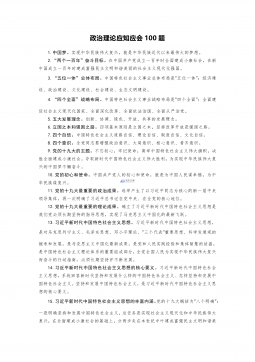
 2024-12-12 357
2024-12-12 357
 2024-12-12 46
2024-12-12 46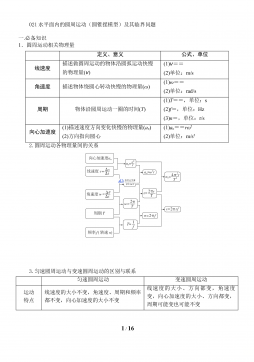
 2025-01-04 41
2025-01-04 41
 2025-04-08 4
2025-04-08 4
 2025-04-08 4
2025-04-08 4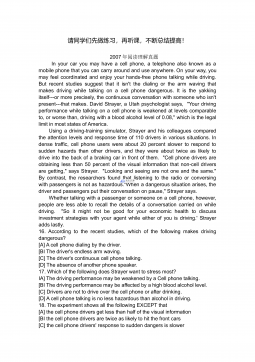
 2025-04-08 4
2025-04-08 4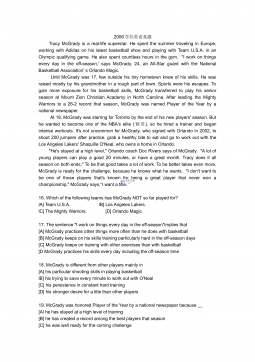
 2025-04-08 10
2025-04-08 10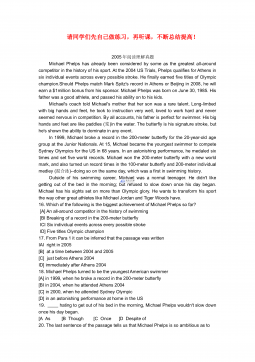
 2025-04-08 12
2025-04-08 12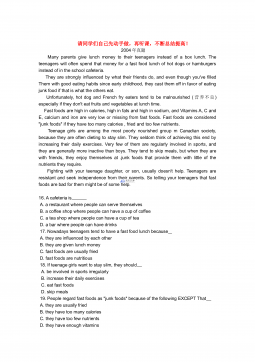
 2025-04-08 8
2025-04-08 8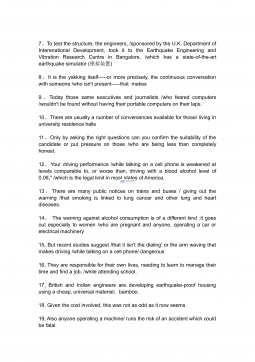
 2025-04-08 10
2025-04-08 10








 渝公网安备50010702506394
渝公网安备50010702506394
